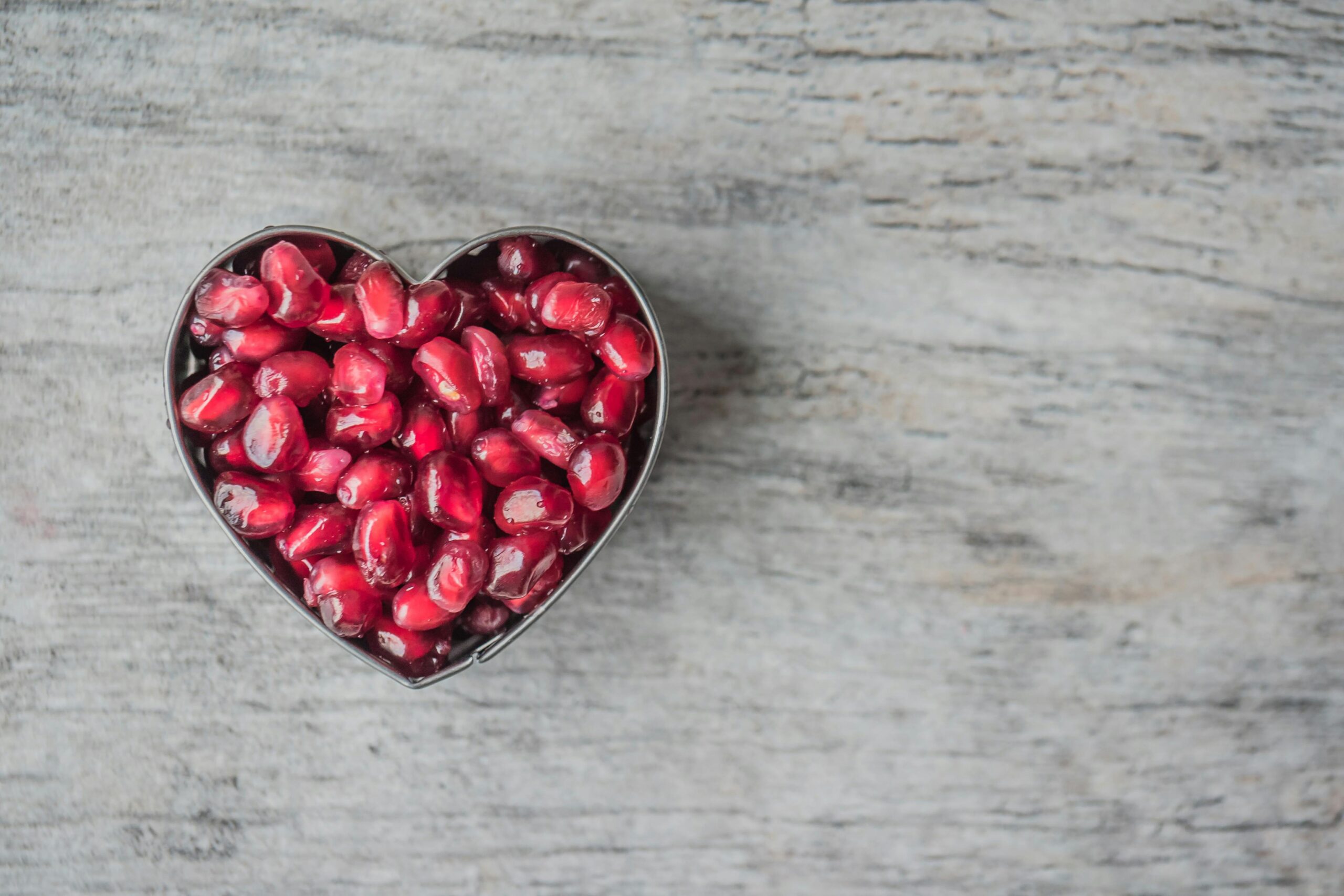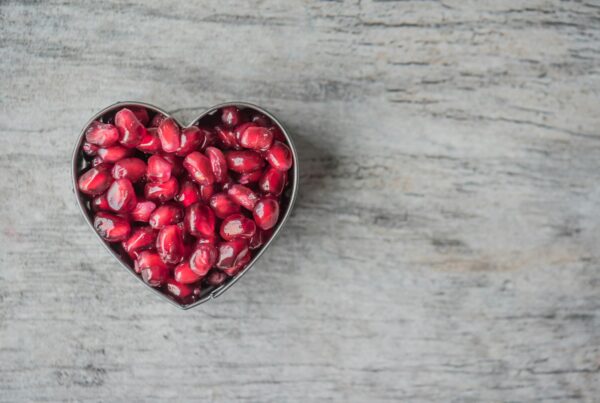Heart disease remains the leading cause of death globally, but here’s the good news: many heart conditions are preventable. One of the most powerful tools to protect your heart isn’t found in the pharmacy—it’s in your kitchen.
The Heart-Nutrition Connection:
Your heart thrives on a diet rich in whole, nutrient-dense foods. Cholesterol levels, blood pressure, arterial health, and inflammation are all directly influenced by what you eat.
Foods That Love Your Heart
-
Leafy Greens (Spinach, Kale, Methi):
High in vitamin K and nitrates, which help lower blood pressure and improve arterial function. -
Fatty Fish (Salmon, Sardines, Mackerel):
Rich in omega-3 fatty acids that reduce triglycerides and prevent blood clots. -
Nuts (Almonds, Walnuts):
Provide healthy fats, magnesium, and fiber. Regular intake is linked to lower LDL (bad cholesterol). -
Berries (Blueberries, Strawberries):
Loaded with antioxidants that help reduce inflammation and oxidative stress. -
Whole Grains (Oats, Quinoa, Brown Rice):
Improve cholesterol levels and keep blood sugar in check. -
Olive Oil (Extra Virgin):
A Mediterranean staple that’s rich in monounsaturated fats, supporting artery health.
Foods to Limit or Avoid
-
Trans fats & saturated fats (found in packaged snacks, fried foods)
-
Excess salt (can raise blood pressure)
-
Sugary beverages (increase risk of obesity and insulin resistance)
-
Processed meats (contain preservatives linked to heart disease)
Lifestyle Tips That Work With Diet
-
Exercise regularly (30 minutes of brisk walking a day)
-
Don’t smoke
-
Limit alcohol
-
Manage stress (mindfulness, hobbies, talking to a friend)
A Sample Heart-Healthy Meal
Breakfast: Oats with berries and a handful of walnuts
Lunch: Grilled salmon with quinoa and sautéed greens
Snack: Apple slices with peanut butter
Dinner: Lentil soup with olive oil-drizzled whole grain toast
Feeding your heart is one of the simplest, most effective health decisions you can make. With a few smart swaps and a focus on whole foods, you can take meaningful steps toward a stronger, longer life.



